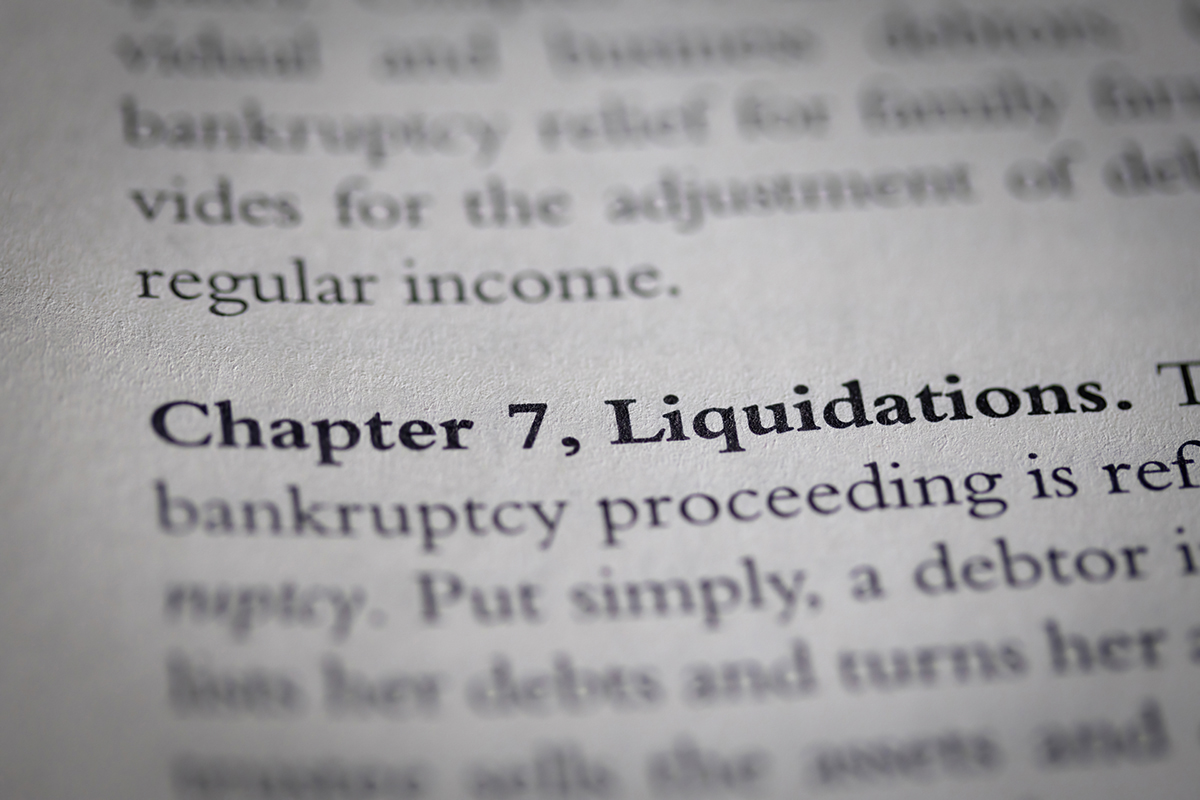When Does a Chapter 7 Bankruptcy Discharge Occur in Saginaw?
In Saginaw, Michigan, a bankruptcy discharge occurs at the end of the Chapter 7 bankruptcy process, signaling the conclusion of the case and the potential elimination of the debts that led to the bankruptcy filing.
Once the bankruptcy is filed, an automatic stay is immediately put in place, which halts all collection activities by creditors. Subsequently, a meeting of creditors is held where you and your bankruptcy trustee discuss the case and any potential issues arise. Following this meeting, you must complete a financial management course as required by law.
Once all requirements are fulfilled and there are no objections from creditors or the trustee, the bankruptcy court then issues the discharge. This discharge releases you from personal liability for most of your debts that were included in the bankruptcy case. You must note that some types of debts, such as student loans, tax debts, and domestic support obligations, may not be dischargeable. Upon receiving the bankruptcy discharge, you can move forward with a fresh financial start, free from the burden of the debts that caused the bankruptcy.

How Do I Know If My Bankruptcy Has Been Discharged in Saginaw?
To determine if a bankruptcy has been discharged in Saginaw, there are several methods you can follow. Checking the credit report is a recommended way to verify whether a bankruptcy has been discharged. You must obtain a copy of the credit report from a reliable credit reporting agency. Look for any indication of a discharged bankruptcy, which should be mentioned in the report. This information confirms that your bankruptcy process has been completed and the debts have been discharged.
Another approach is for you to contact the bankruptcy court where you filed your case. In Saginaw, there is a bankruptcy court that handles such cases. You can reach out to the court’s clerk and provide them with the necessary information, such as the case number or your full name. The court will be able to provide accurate information regarding the discharge status of the bankruptcy.
An experienced bankruptcy attorney will have access to updated information and can review the case to confirm its discharge status. They will guide you through the process and explain any details or implications associated with the discharge.
FAQs
A Saginaw bankruptcy discharge releases you from personal liability for certain specified types of debts. In other words, you will no longer be legally required to pay any debts that are discharged. The discharge is a permanent order prohibiting your creditors from taking any form of collection action on discharged debts, including legal action and communications with your, such as telephone calls, letters, and personal contacts. [1]
The timing of a discharge in Saginaw varies, depending on the chapter under which the case is filed. In a Chapter 7 bankruptcy (often referred to as liquidation), a discharge is usually granted quite quickly, generally within 60 to 90 days of the date first set for the meeting of creditors. In a Chapter 13 bankruptcy (reorganization), the discharge typically occurs upon completion of all payments under the bankruptcy plan, which can take between three to five years. [2]
No, in Saginaw, not all debts are dischargeable. Bankruptcy discharges most debt, but there are exceptions. Non-dischargeable debts include but are not limited to, certain types of tax claims, debts not listed by you, alimony, and child support, certain educational loans, debts for death or personal injury caused by driving while intoxicated, and fines and penalties imposed for violating the law. [3]
Sources:
[1] MCL – Section 600.2914 – Michigan Legislature. (n.d.). Www.legislature.mi.gov. Retrieved April 22, 2024, from https://www.legislature.mi.gov/Laws/MCL?objectName=MCL-600-2914
[2] Discharge in Bankruptcy – Bankruptcy Basics. (2020). United States Courts. https://www.uscourts.gov/services-forms/bankruptcy/bankruptcy-basics/discharge-bankruptcy-bankruptcy-basics




